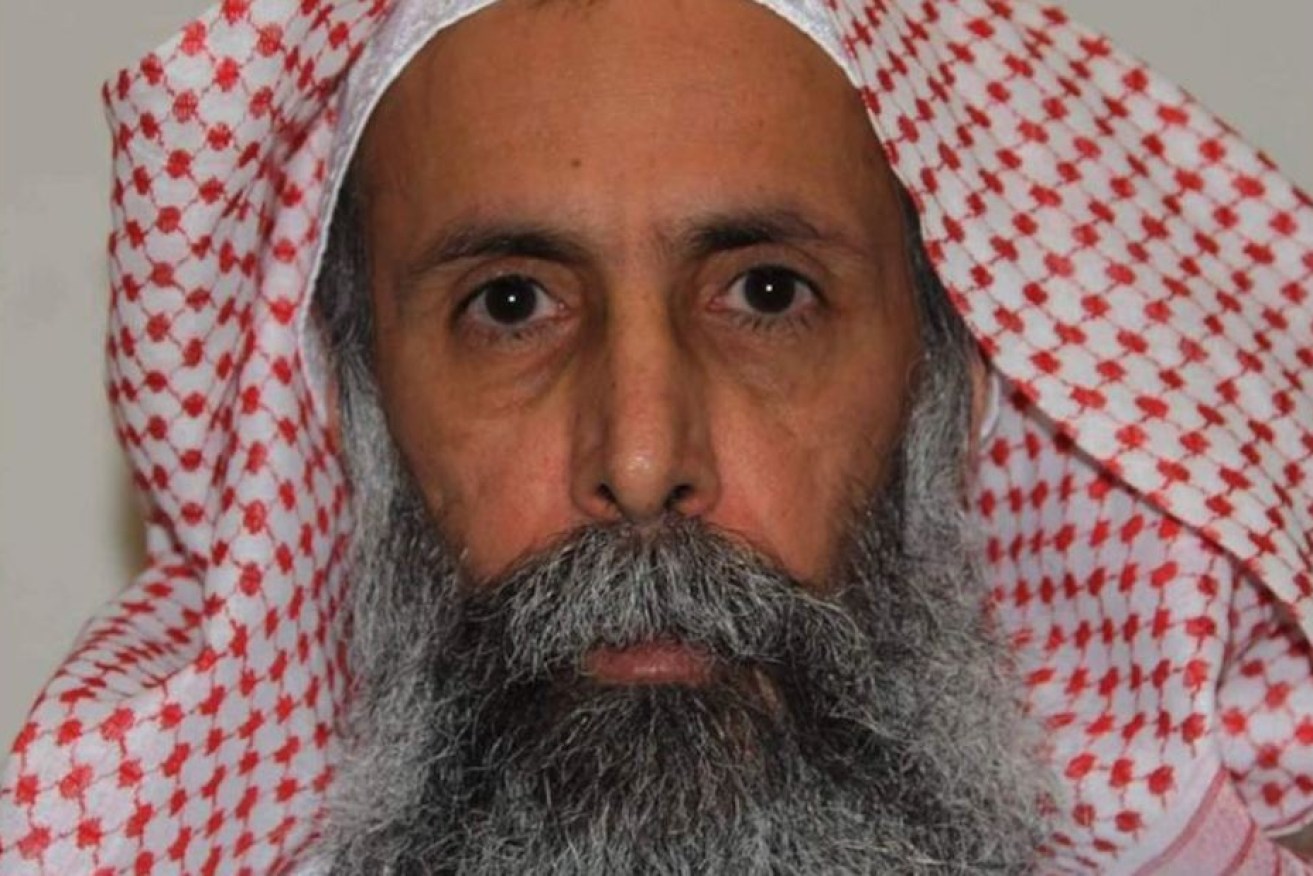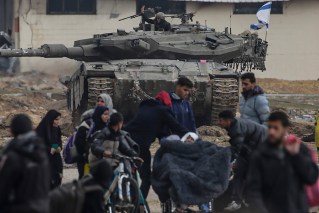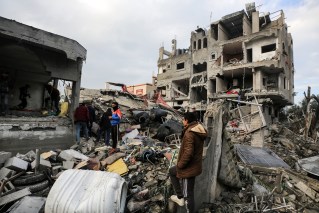The man who has divided the Middle East


ABC
The execution of prominent Saudi Shiite cleric Sheikh Nimr al-Nimr has divided the Middle East, leading to violent protests and growing tension in the already troubled region.
A vocal critic of the kingdom’s ruling Al Saud family and an outspoken supporter of equality for Shiite Muslims in Saudi Arabia, Sheikh Nimr’s execution has stirred sectarian anger, particularly in Iran, where Shia Muslims are in the majority.
• Saudi executions spark riots and embassy blaze
• Why Saudi Arabia’s huge deficit is good news for you
Sheikh Nimr had long been a distinguished figure in Saudi Arabia.
While Saudi Arabia’s marginalised Shiite minority saw Sheikh Nimr as an inspiration and a leader, the Sunni majority and its ruling elite viewed him as an agitator.
The 56-year-old cleric first rose to prominence during pro-democracy protests in Saudi Arabia’s eastern provinces in 2011, with many blaming his vocal push for equality in Saudi Arabia as the driving force behind the protests.
While Sheikh Nimr encouraged his supporters to use “the roar of the word” over physical violence, his sermons occasionally landed him in hot water.
He was arrested in 2012, after a car chase in Saudi Arabia’s Shiite-populated Eastern Province.
He was shot in the leg by police during the arrest and was charged with “instigating unrest”, the official Saudi Press Agency reported at the time.
Sheikh Nimr was known for making anti-government speeches and had called for two governorates in Eastern Province, Qatif and Al-Ihsaa, to be separated from the kingdom and united with Bahrain.
In this clip from 2012, Sheikh Nimr can be seen celebrating the June 16 death of Saudi Crown Prince Nayef, saying: “This is the man who spread fear and terror so why should we not rejoice?”
Among younger Shiite activists, Sheikh Nimr was seen as a leader and a driving force behind anti-government protests in Saudi Arabia in 2011 in the wake of the Arab Spring.
Of the 47 men killed in Saudi Arabia’s biggest mass execution in decades Sheikh Nimr and three other Shiites, all accused of involvement in shooting police, attracted the most attention in the region and beyond.
Most of those killed were Sunnis convicted of Al Qaeda attacks in Saudi Arabia a decade ago.
May God bless your soul, Sheikh Nimr al-Nimr. You died a martyr of conscience. pic.twitter.com/rGrxG53YFj
— Iyad El-Baghdadi (@iyad_elbaghdadi) January 2, 2016
‘Divine vengeance’
Iranian Supreme Leader Ayatollah Ali Khamenei said politicians in Saudi Arabia will face divine retribution for Sheikh Nimr’s execution.
“The unjustly spilled blood of this oppressed martyr will no doubt soon show its effect and divine vengeance will befall Saudi politicians,” state TV reported Khamenei as saying. It said he described the execution as a “political error”.
Saudi Arabia executed Nimr al-Nimr and three other Shiites alongside dozens of al Qaeda members on Saturday, signalling it would not tolerate attacks by either Sunni jihadists or members of the Shiite minority seeking equality.
– with ABC and AAP









